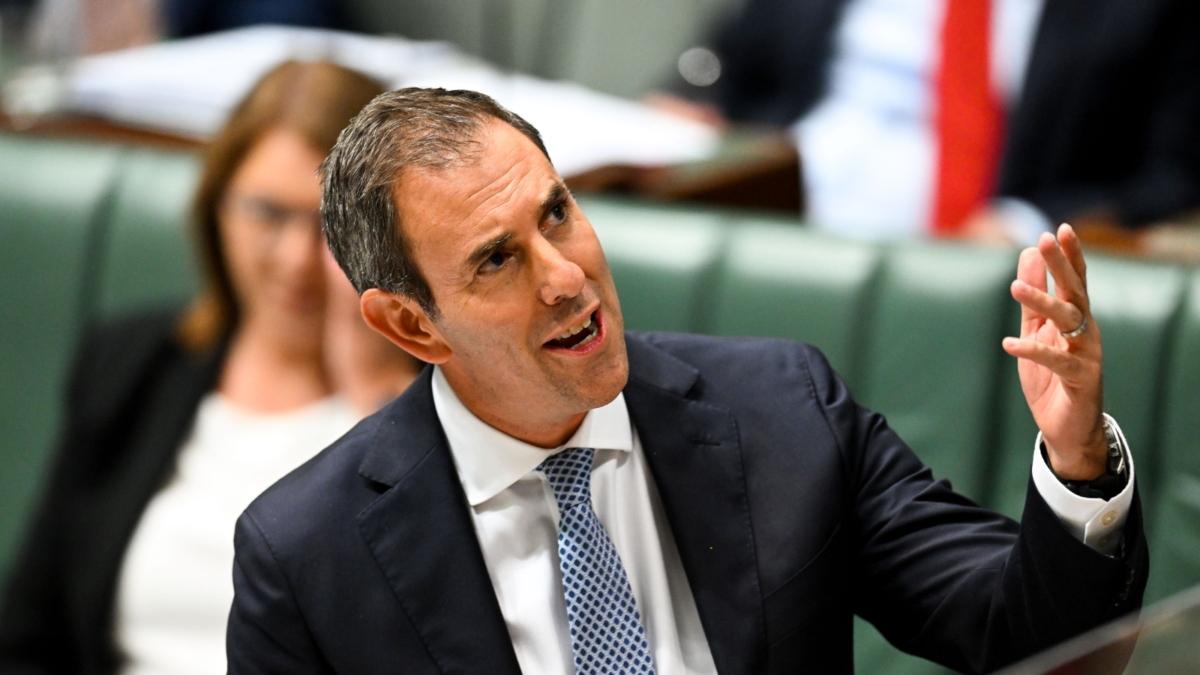Sunlight the best disinfectant in FX trades
(Pictured: James McGeehan)
QIC has added its weight to growing concerns, around the world, about returns leakages due to sloppy foreign exchange transacting. QIC held roundtables last week promoting closer oversight and monitoring by super funds.
With the help of FX Transparency, a US-based specialist FX consulting firm, QIC presented to super funds in Sydney and Melbourne on the cost savings which can be made through better FX management.
Michael McNee, senior director, in the QIC Global Multi-Asset team, said that it was easy to see an improvement in returns with just a couple of steps:
- Introduce competitive pricing to create pricing tension. “It doesn’t matter whether you’re a large fund manager or a business traveler going overseas, if there is no pricing tension then you are introducing a lot of trust into the currency transaction. Given the bilateral nature of the FX market, the analysis shows that this trust misconception can be a very expensive lesson.”
- You need a mechanism for discovering the price, be that Bloomberg or a trading platform; and
- You need some oversight or monitoring on each transaction. James McGeehan, Co-founder and CEO of FX Transparency, said that traditionally for both pension funds and managers, FX efficiencies ranked far “down the totem pole” of issues to investigate, but were still an “unnecessary bleed”.
FX Transparency, which has about 90 managers and pension fund clients across four continents, has amassed a lot of data since the firm’s formation in 2009.
“We’ve seen some very expensive errors,” McGeehan says. ” Whether they were intentional or not, there needs to be a process in place to prevent them from happening again.”
Historically, there has been an implicit but opaque fee charged for FX trades. If funds trade away from their custodian – using another party for the FX – they can be charged an extra explicit “ticket” fee. When used as executing dealer custodians, banks and dealers deserve compensation as they provide investors credit, liquidity and settlement services. However, the question is, what is reasonable compensation?
McGeehan says that execution quality improved considerably after some big lawsuits were publicized in the US against various custodian banks, starting with a suit against State Street by the State of California in 2009.
“Giving standing orders to custodians for passive transactions in FX is like going to the airport to get your currency exchanged,” he says. Apparently it’s true: airports are the worst place for changing money, and a captive market can pay dearly for this last-minute convenience.
FX Transparency provides TCA (transaction cost analysis) and other services only for buy-side firms and funds. McGeehan says that best execution should always start with price, followed by operational efficiency and settlement.
FX OTC (over the counter) markets have little or no regulation and commissions are not explicit. Liquidity providers tend to be economically opposed on every trade.
This means it’s imperative that clients measure and monitor trades in order to manage the external fees. The need for an effective watchdog for liquidity provider malfeasance is vital, says McGeehan.
Funds do not always need to trade away from their custodian and appoint another counterparty, or a panel of counterparties, to improve their returns. If possible, they can try to set the rules of engagement and agree spreads in advance with their custodian, McGeehan says. For instance, making sure that trading takes place at pre-determined, highly liquid times of day for the specific currency being traded, rather than, say, the standard FIX (the London 4pm close).
“Every basis point counts. FX matters,” he says. “Australian investors face greater currency management pressures due to increasing allocations to offshore assets, both real and liquid.”
McNee explained how QIC acts as an independent fiduciary on all FX trades: “The team uses a leading global tender trading platform which provides transparent and competitive quotes from a panel of 10 brokers. The constant streaming of prices means we can identify who has the best prices at particular times of the day and negotiate effectively offline with the relevant banks on large trades and restricted currencies where necessary.”
QIC also uses various price-discovery tools and a compliance monitoring system to measure prices that are outside of market range. This process allows it to reduce spreads, diversify counterparty risk and identify the best liquidity sources, providing significant savings for clients over time.
McNee says: “The benefits are easy to grasp. When you can consider that a common 15 bps execution leakage could inflate transaction costs by $1.5m on $1 billion of nominal transactions conducted over a period of months for one fund alone.”








